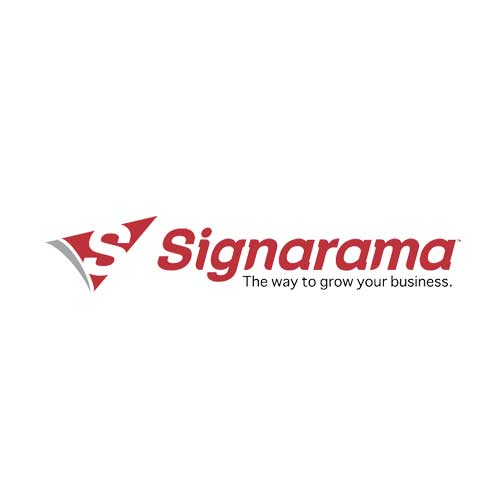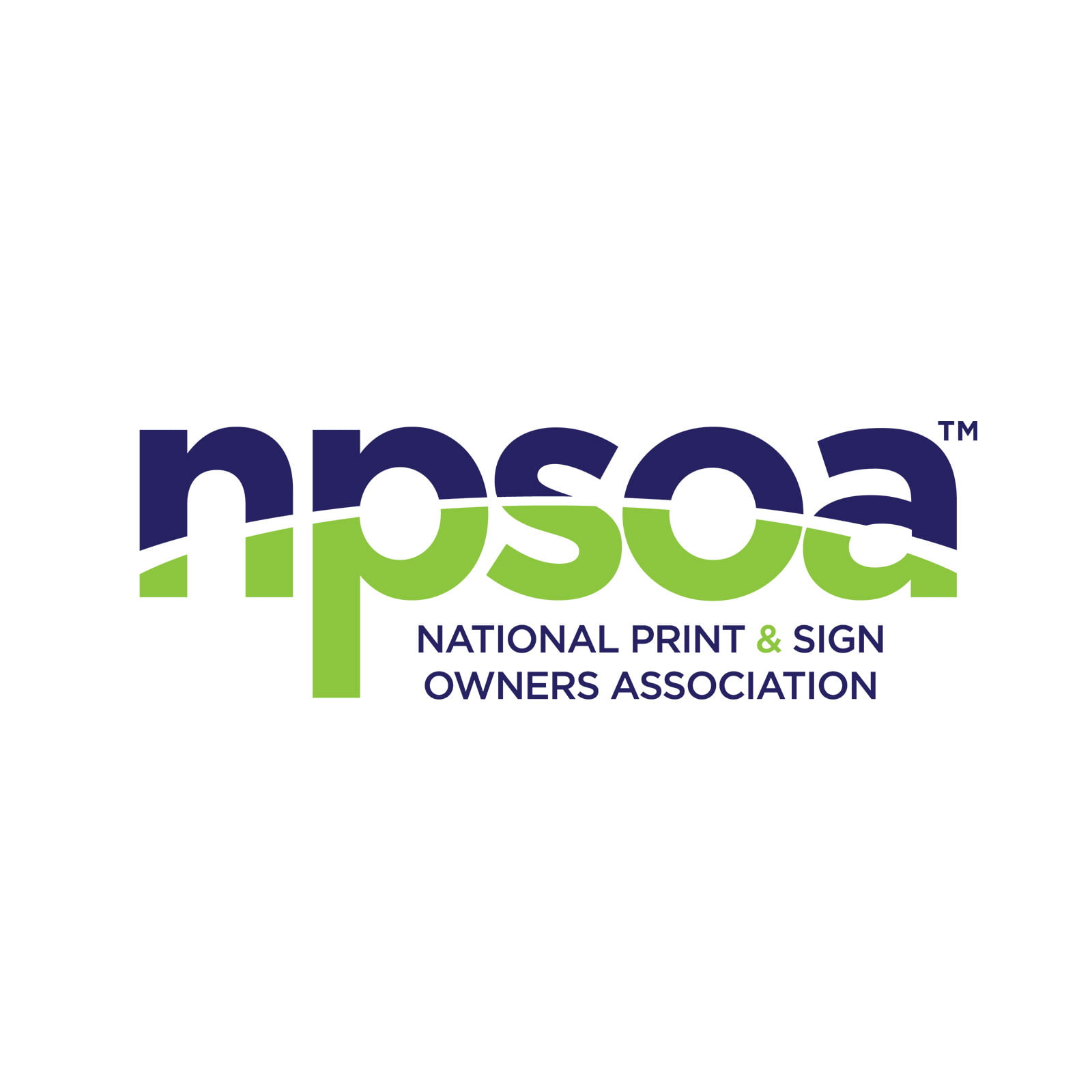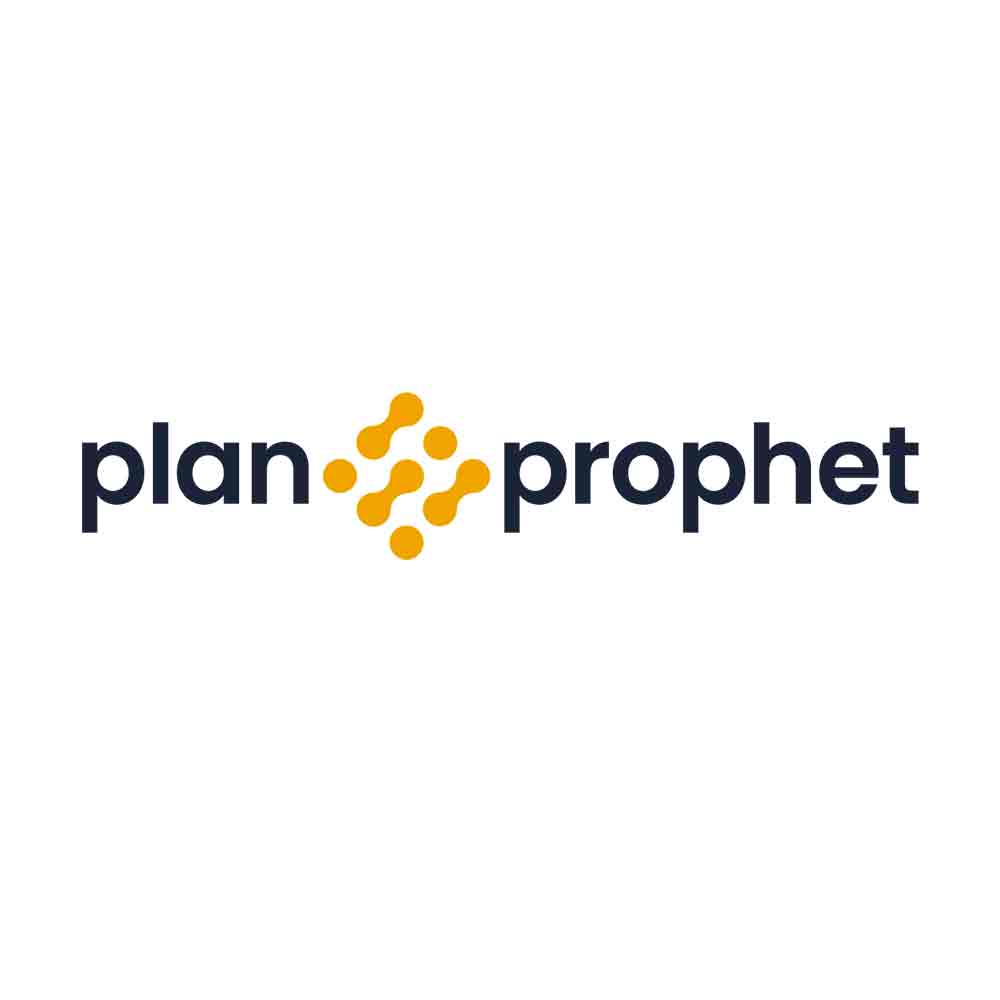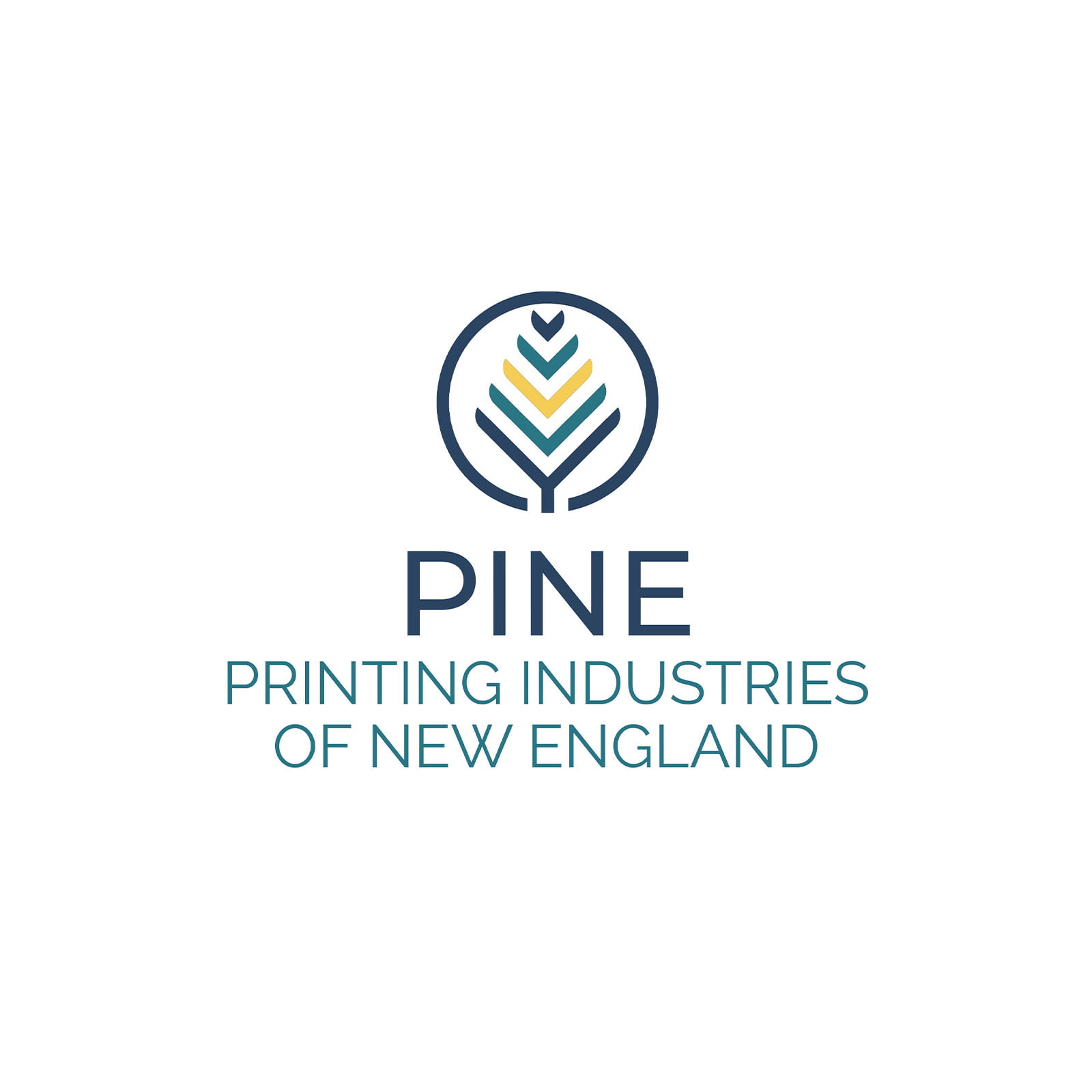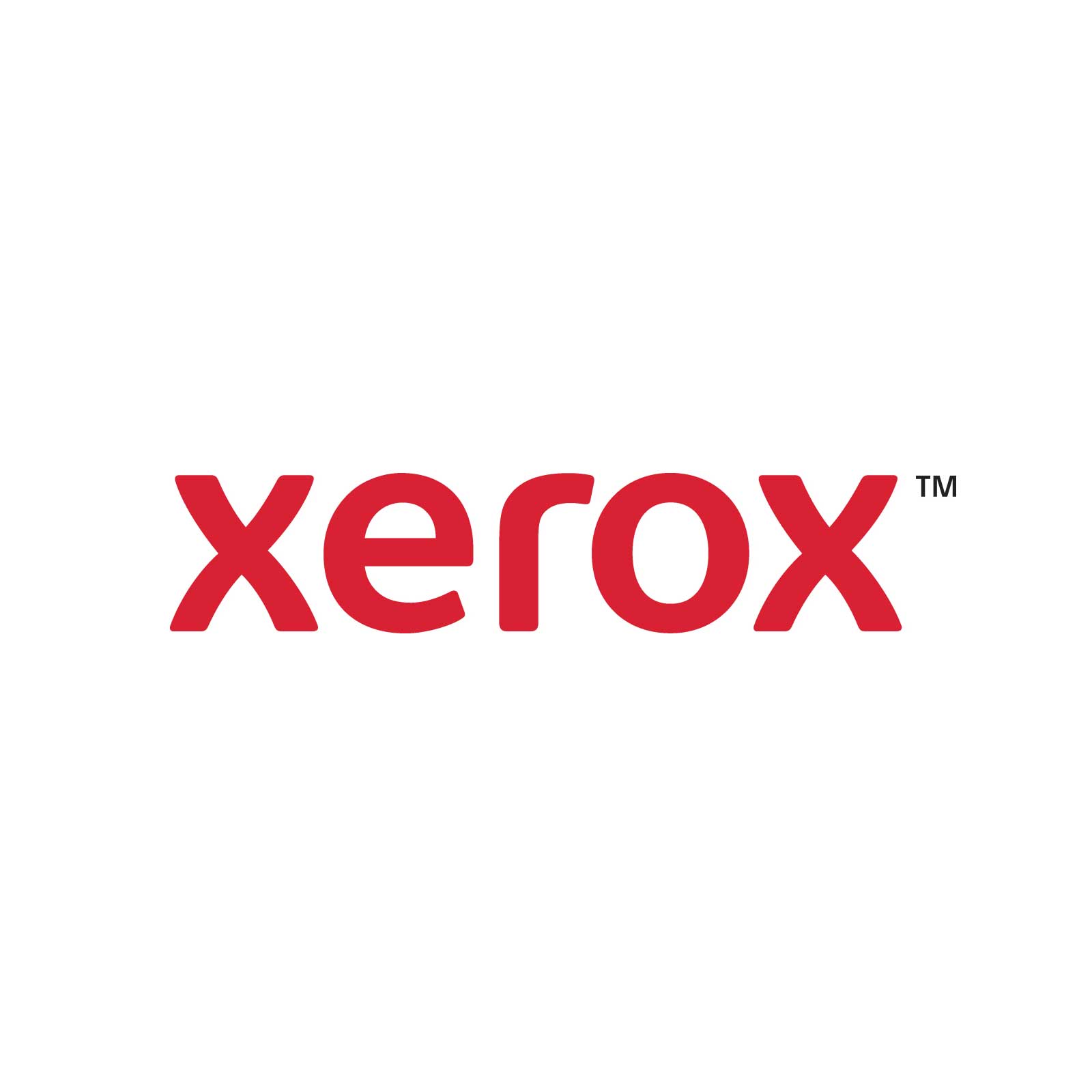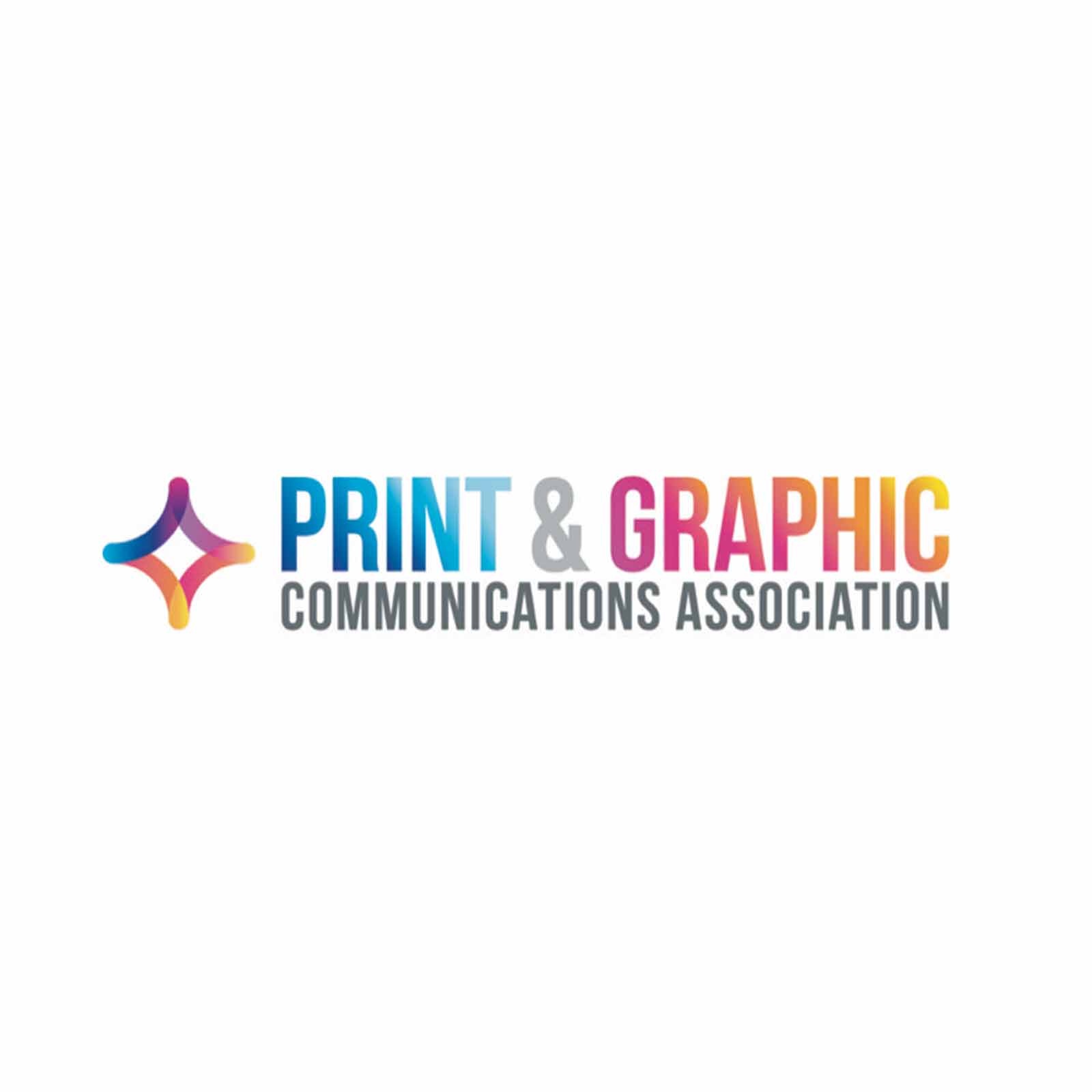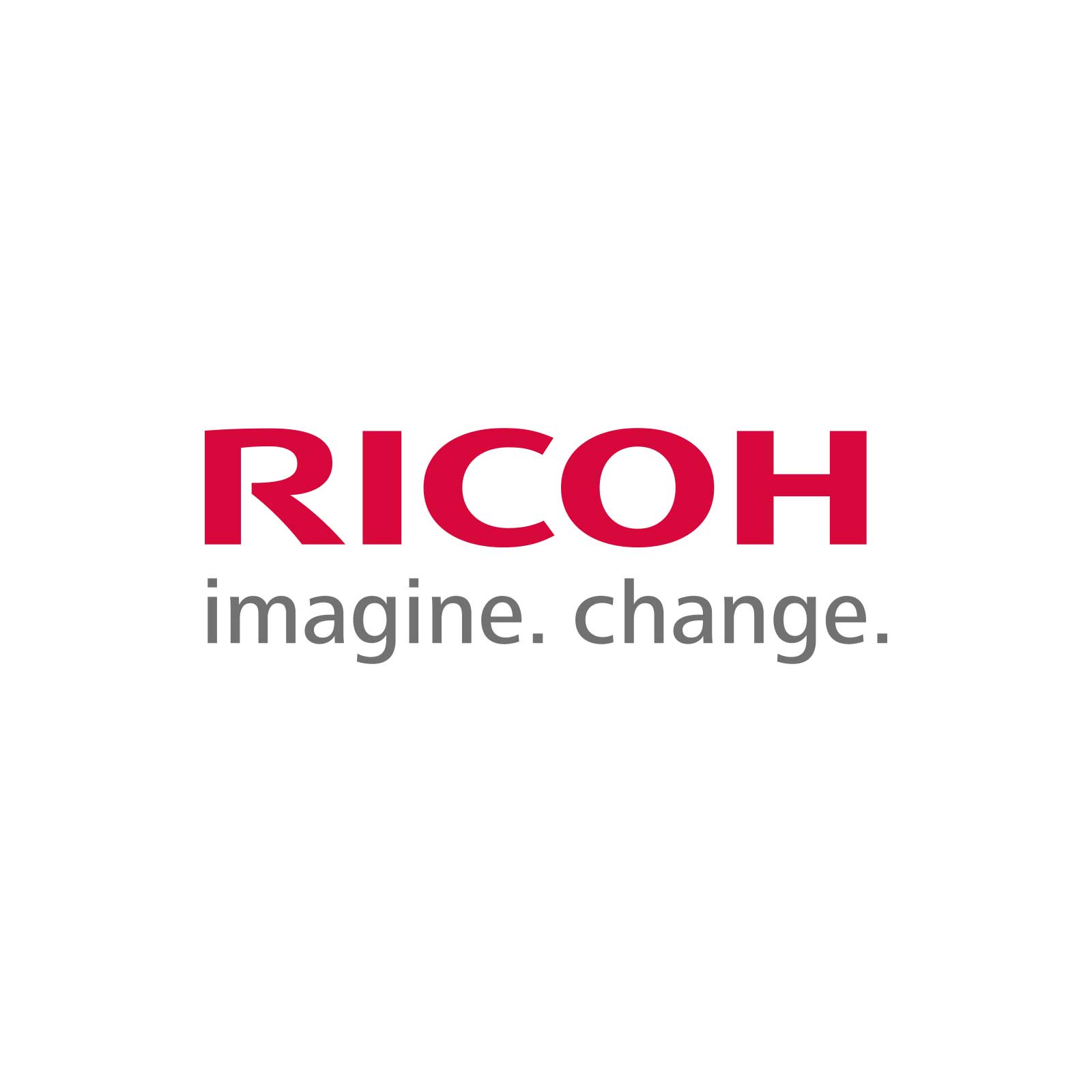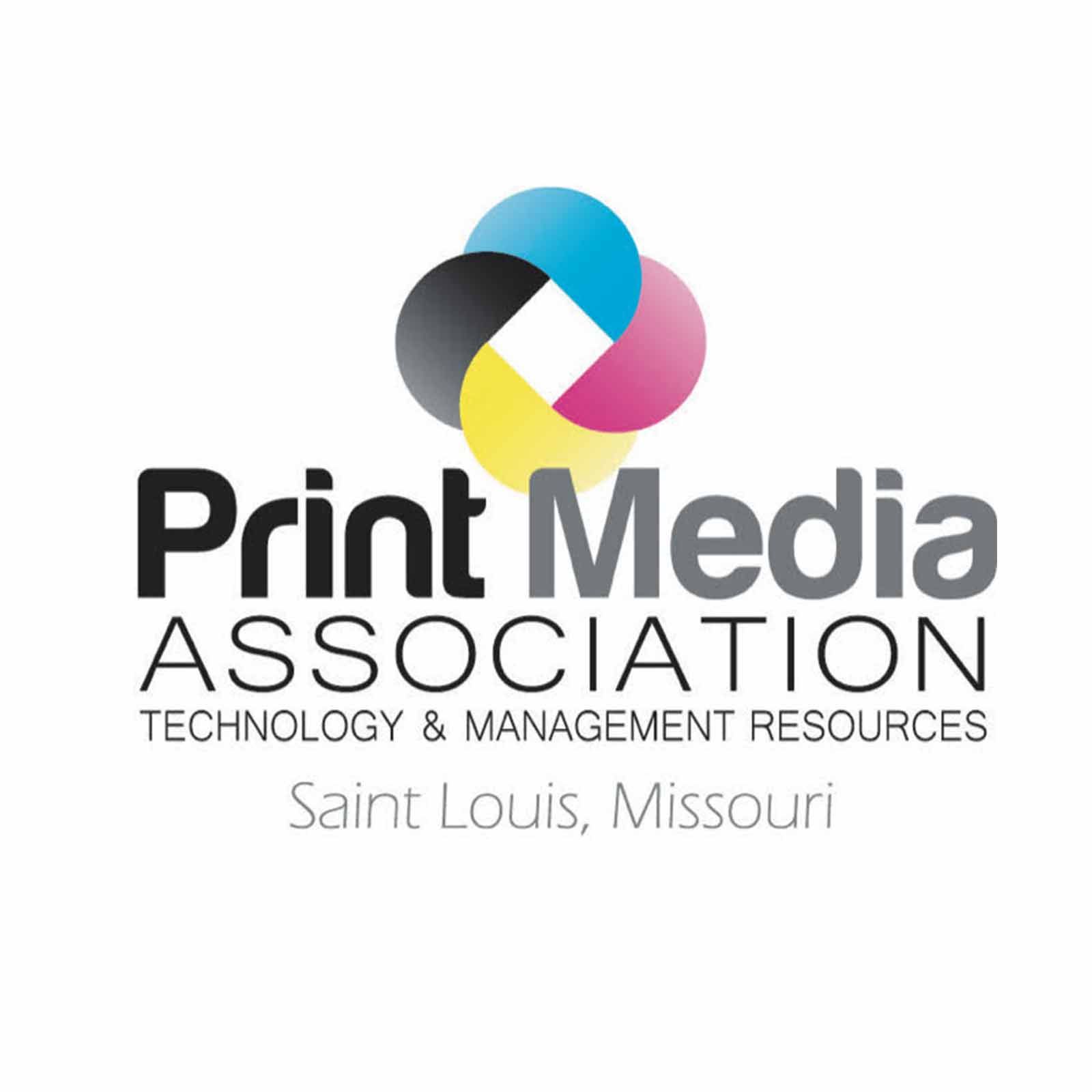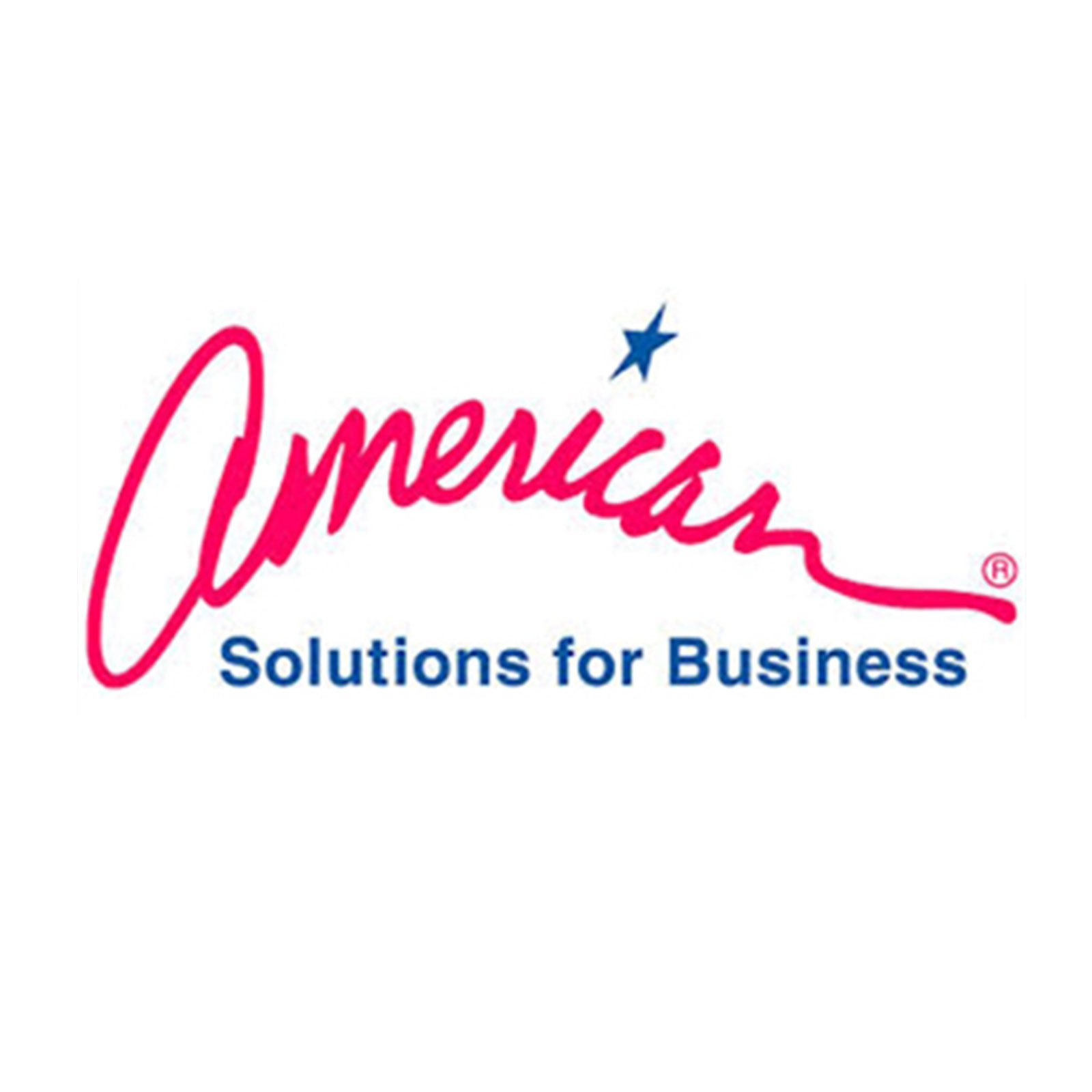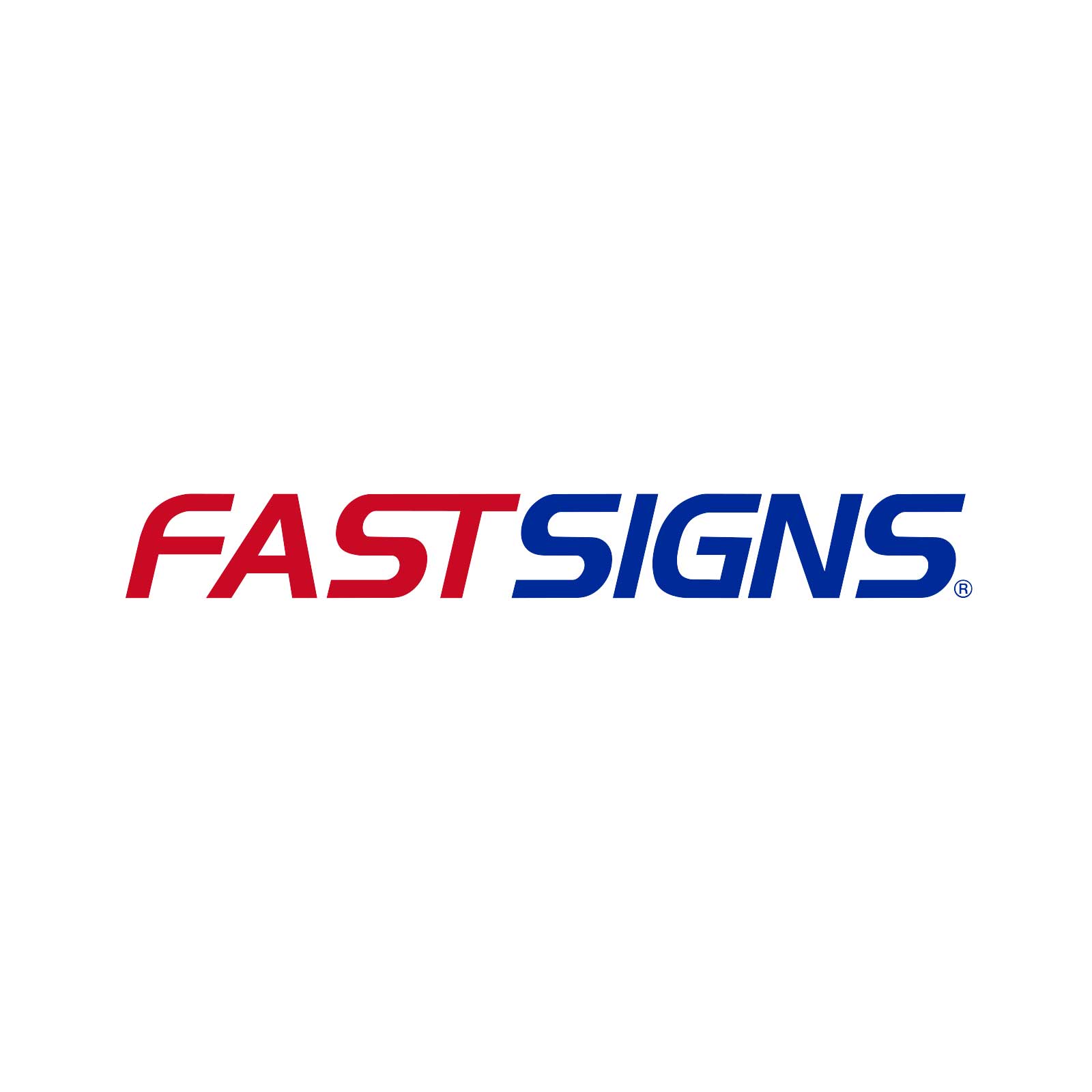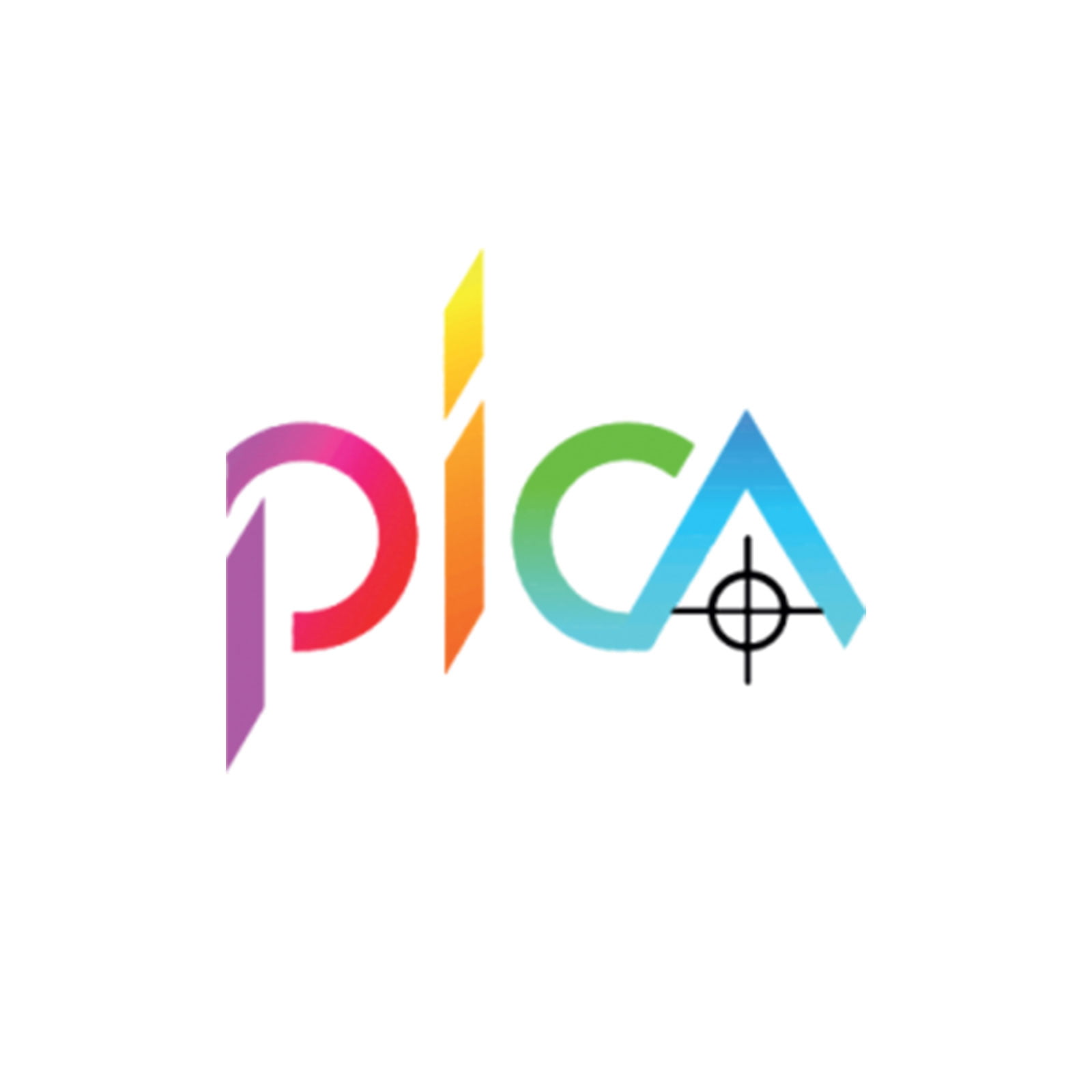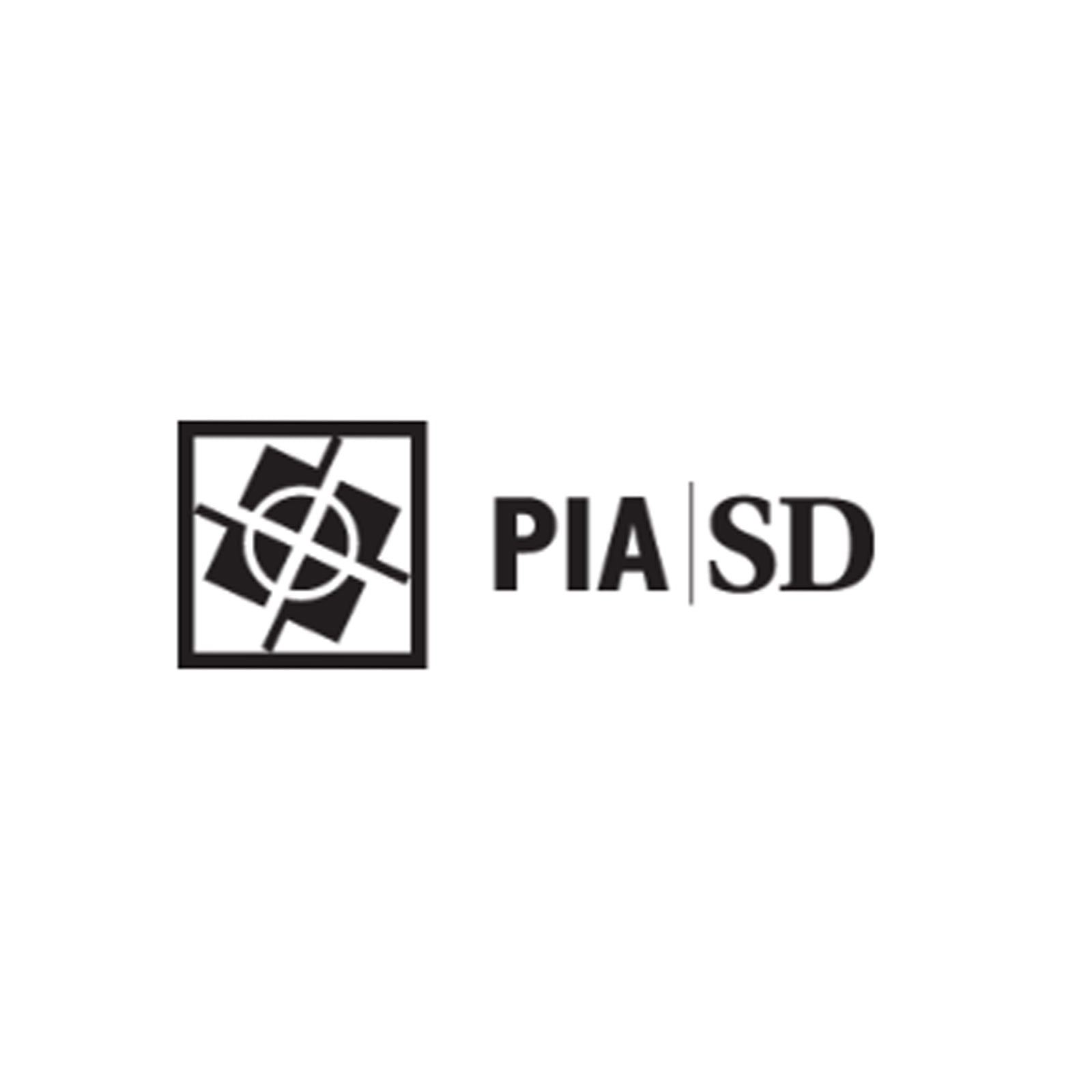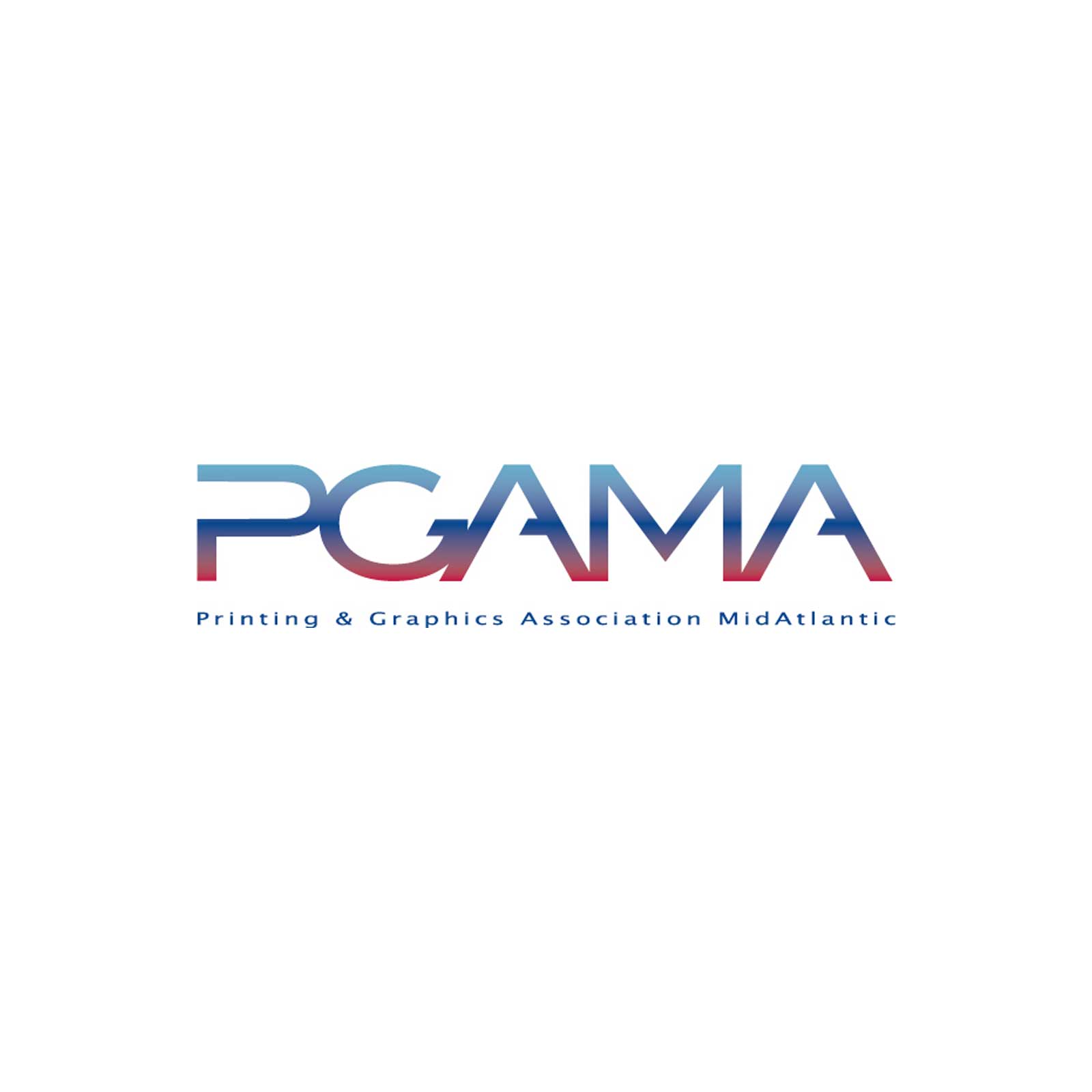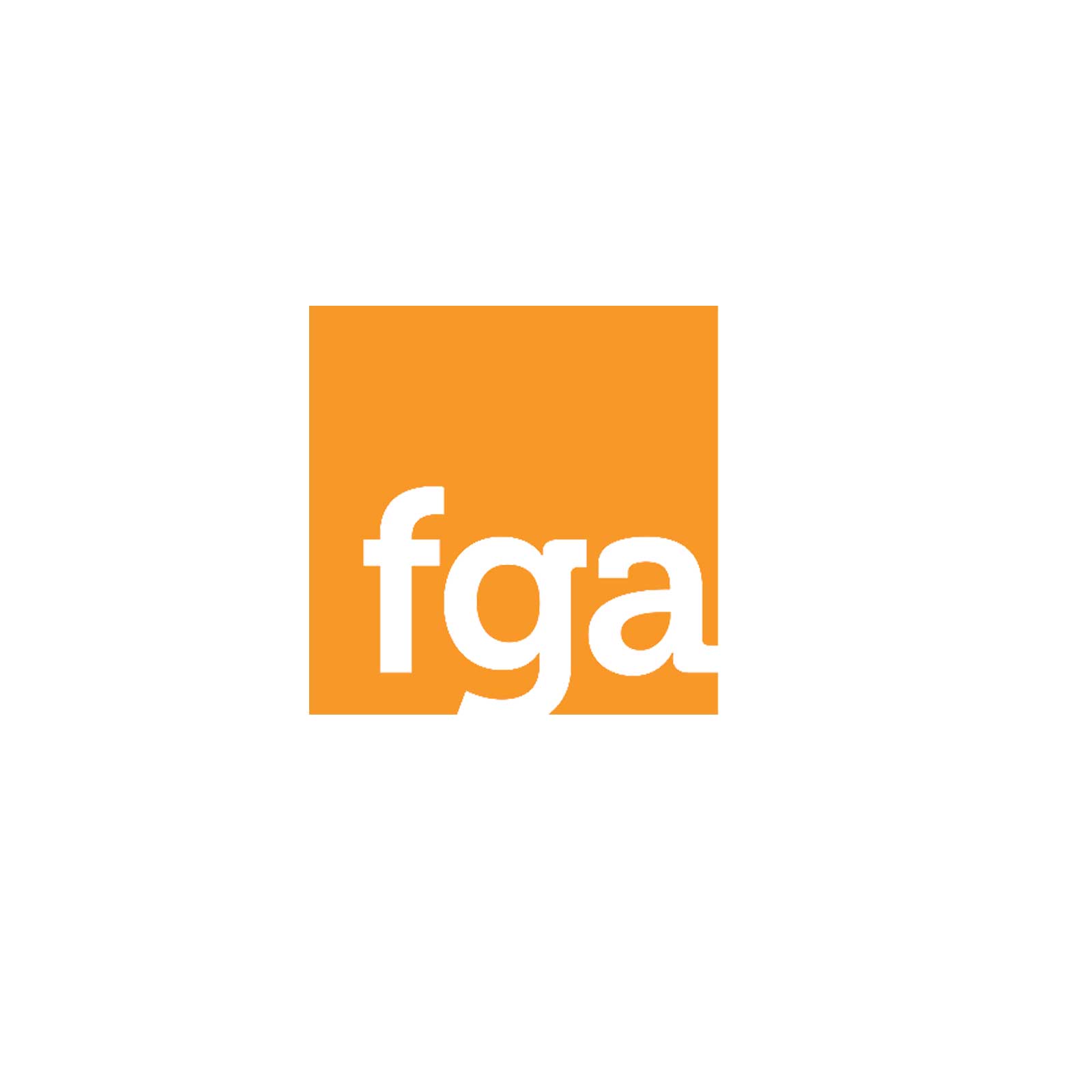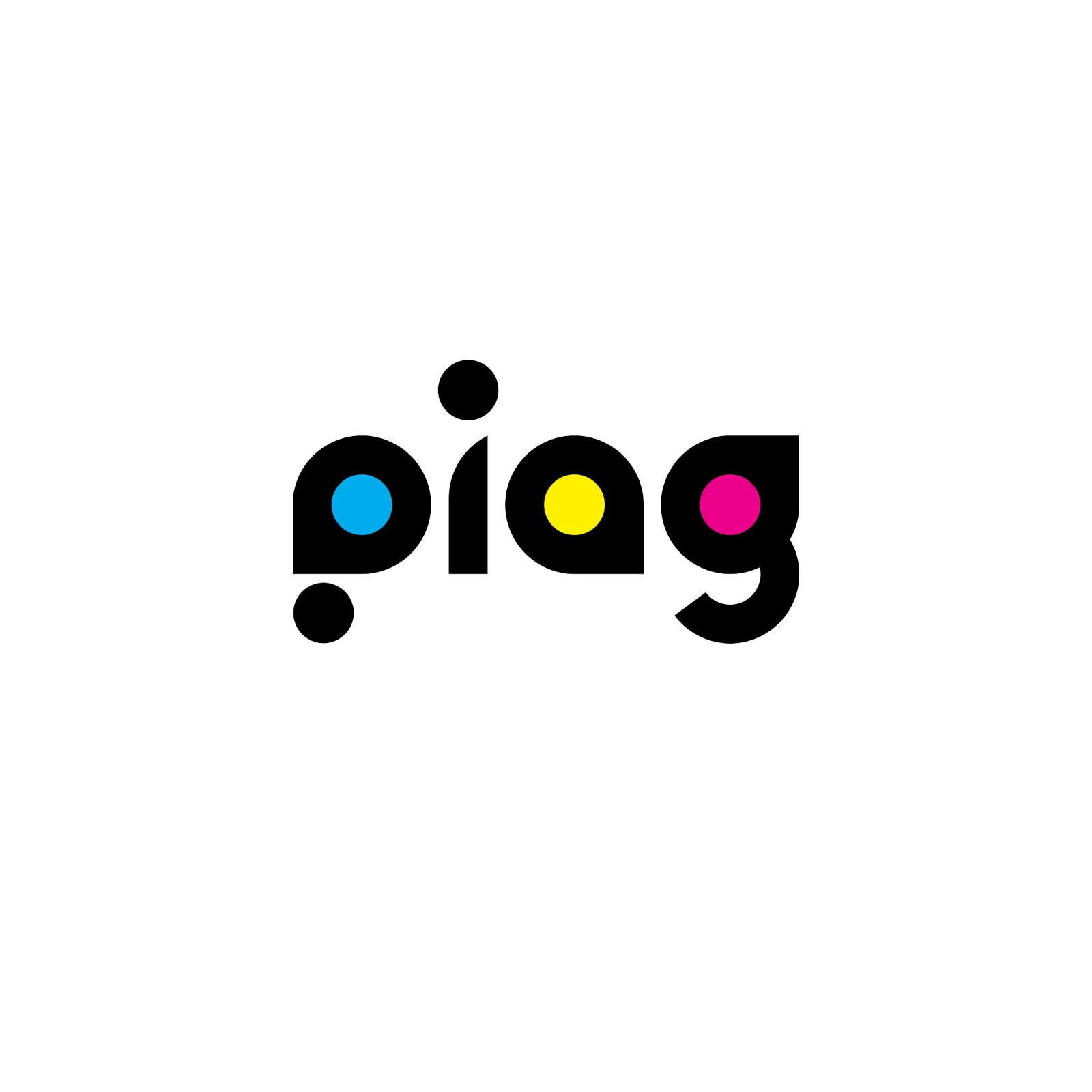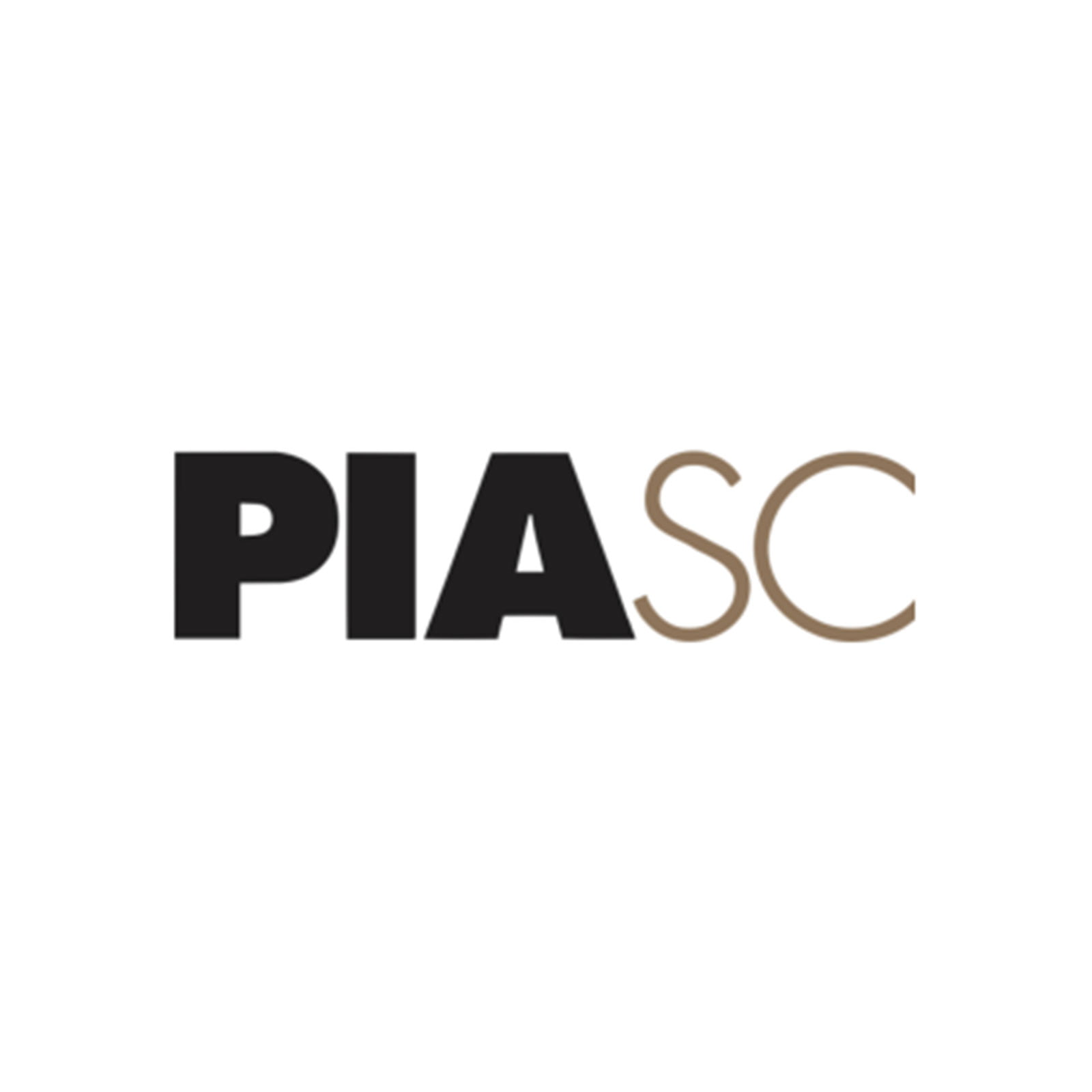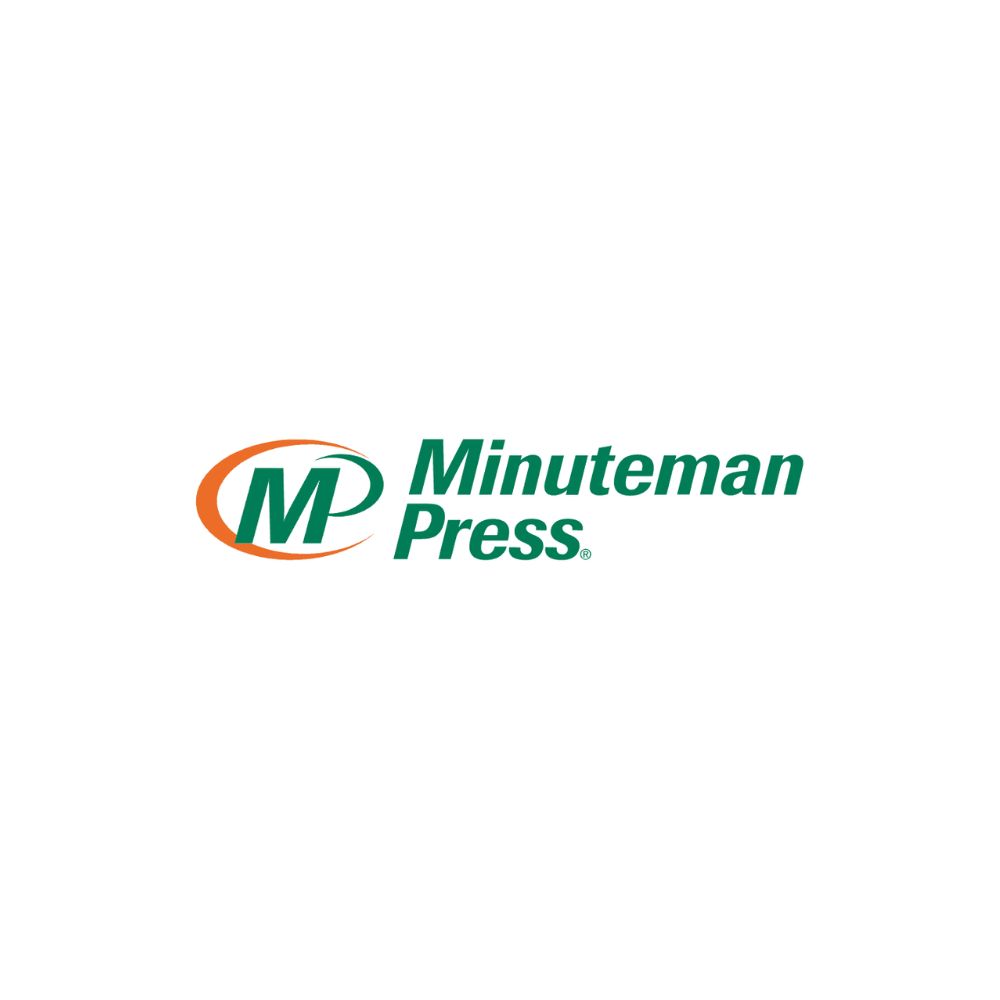
Good morning!
A few years ago, I was contacted by a print company that expressed an interest in sales training and we set up a date to meet in person. Just before I left, I called into their service center, made up some specs for a print job, and asked for a price.
It was a test. I was being a secret shopper.
After a brief hold, I was given a price. My thoughts so far:
- “Polite and professional”
- “Impressive that I can get a price right away.”
The real test came in their response to my question, “Is that your best price?” This is where the cheap tent folded: “Uh, no. Because you are a new customer, we can take $50 off. I’m authorized to take another 10% off as well.”
I pushed a little harder and gained more concessions, took some notes, and hung up.
A week later when I met with the company president, I told him what I had done and, more importantly, described the outcome. He was not happy, which was expected, but it helped me to understand the immediate need for work in the area of negotiating and closing.
Let me be clear: Your only response to the question, “Is that your best price?” should be, “Yes!” If you have done your job correctly as a salesperson, the number that you give can be backed up with the reasons why the client would pay for it. Beyond the specifications of the job, by asking questions about how it is used and of its purpose in general, you are building your case for substantiating your quote. There should be no waffling and no hesitation. Here’s your price and here’s why.
Interestingly, when I gave this company a proposal for training their sales team, they balked and told me in no uncertain terms that it was beyond their financial reach. Lower the price, they told me, and we can do business.
Given the fact that you’ve just read my sales tip on the subject, you can probably figure out how the story ended.

